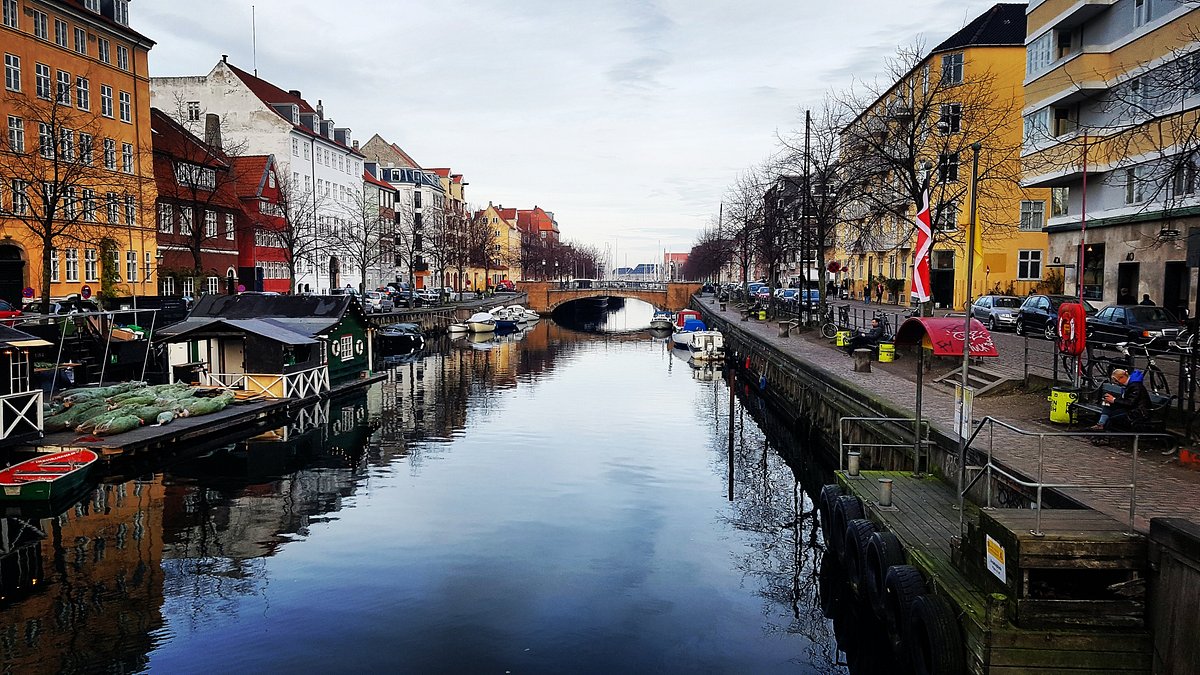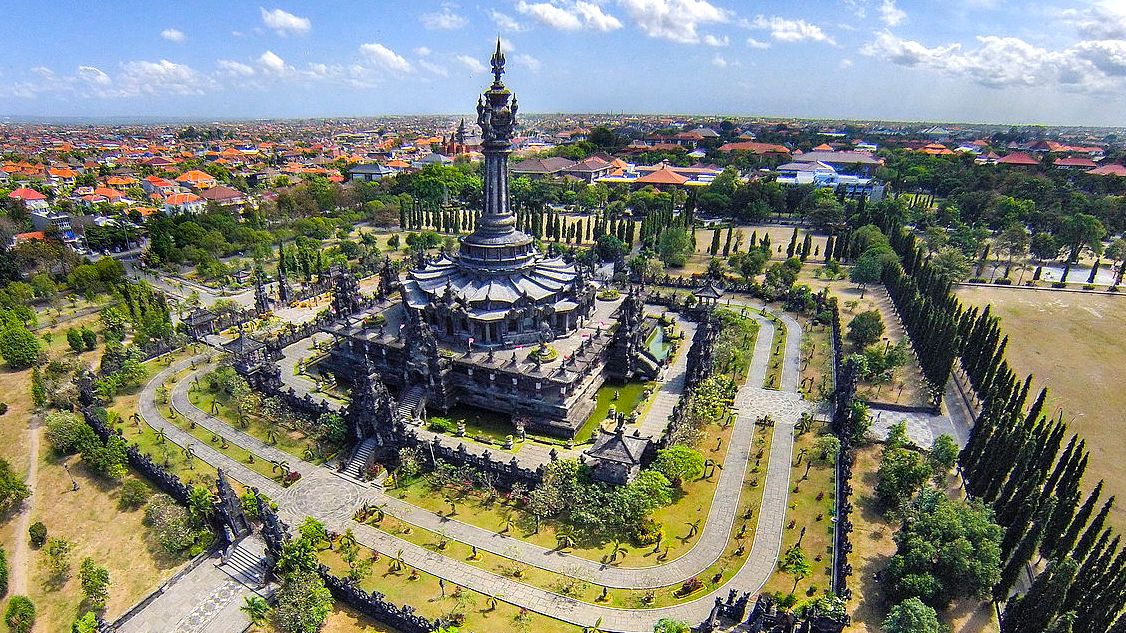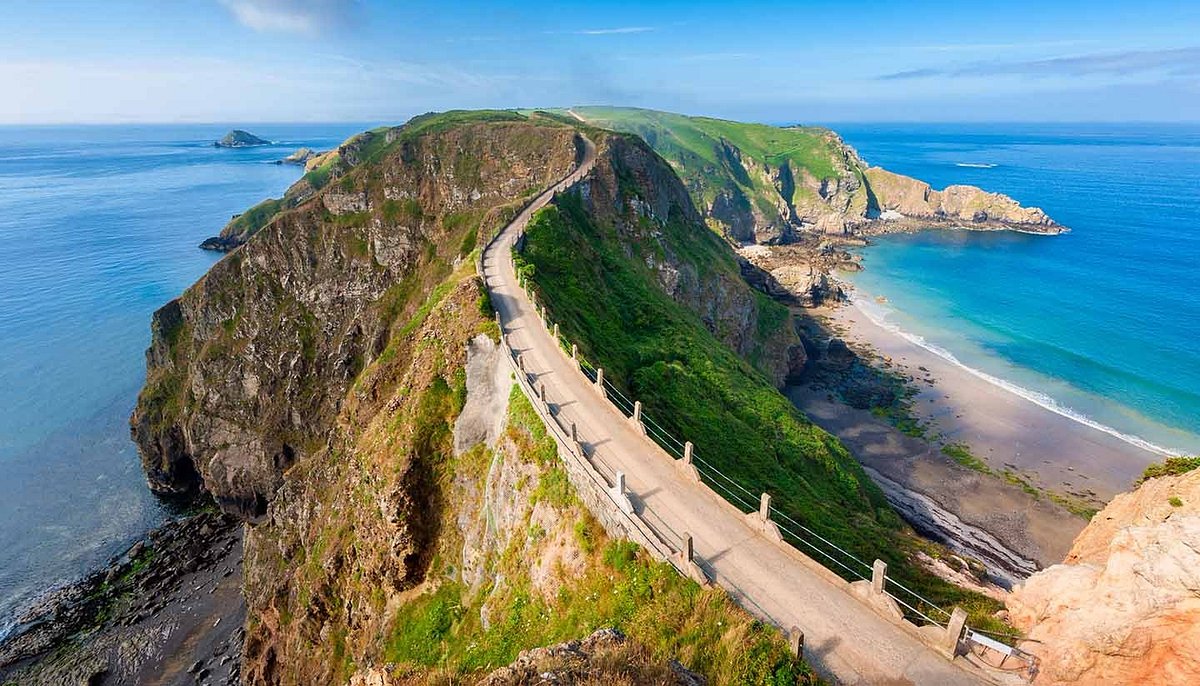Traveling in 2025 is no longer just about reaching a destination. The rise of futuristic hotels is redefining what it means to stay away from home. These properties merge technology, design, and sustainability in ways that feel straight out of science fiction. Here are six hotels around the world that feel like they belong on another planet.
1) Hotel Marqués de Riscal, Spain
Designed by legendary architect Frank Gehry, this Spanish property looks like a structure dropped from another galaxy. With metallic ribbons wrapping the building, the hotel combines futuristic design with luxury wine experiences in the heart of Rioja. Its interiors feature geometric lines, smart lighting, and immersive art.
Frank Gehry, born in 1929 in Canada, remains one of the most celebrated architects of modern times. At 96 years old in 2025, his career has spanned decades with iconic works like the Guggenheim Museum in Bilbao. His net worth is estimated at around $100 million, earned through architecture and design projects across the globe.
2) Atlantis The Royal, Dubai
Dubai has always been known for pushing boundaries, and Atlantis The Royal is proof. Opened in 2023, it is one of the most luxurious and futuristic hotels on the planet. The building itself resembles stacked Lego blocks, with 90 swimming pools, including a rooftop infinity pool suspended 96 meters above the ground. Guests experience AI-powered room controls, underwater dining, and futuristic wellness suites.
This mega project was launched under the leadership of Dubai ruler Sheikh Mohammed bin Rashid Al Maktoum, born in 1949, who has a personal family fortune estimated at over $14 billion. His vision has made Dubai a global symbol of futuristic architecture and travel.
3) Capsule Hotel Anshin Oyado, Tokyo, Japan
Japan is famous for capsule hotels, but Anshin Oyado takes the concept into the future. Each capsule features VR entertainment, smart climate control, and biometric entry. For travelers, it offers a mix of affordability and cutting-edge comfort. The hotel even has AI concierges available 24/7 to assist guests.
Tokyo Governor Yuriko Koike, born in 1952, has supported technological integration in Tokyo’s hospitality and tourism industry. While her personal net worth is not widely published, she has been instrumental in keeping Tokyo at the forefront of smart and futuristic travel experiences.
4) Kameha Grand, Zurich, Switzerland
This hotel feels like a space station on Earth. Known for its “Space Suite” designed by German artist Michael Najjar, it features floating beds, starry-sky ceilings, and astronaut-inspired furniture. Guests feel as if they are in orbit without leaving the planet. Beyond its design, the hotel uses AI-powered energy systems to reduce its carbon footprint.
Switzerland’s tourism strategy has been shaped by strong business leaders like Christoph Schnellmann, an experienced figure in global airport and hospitality projects. Born in 1970, Schnellmann has overseen billion-dollar infrastructure programs and has a personal net worth in the multi-million range.
5) Icehotel 365, Jukkasjärvi, Sweden
This hotel combines art, nature, and futuristic engineering. Unlike the traditional Icehotel that melted every spring, Icehotel 365 stays open year-round thanks to solar-powered cooling technology. Guests sleep in frozen suites under sculpted ice designs while enjoying smart heating blankets and AR guides that explain the Northern Lights.
The innovation comes from founder Yngve Bergqvist, who first built the Icehotel concept in 1989. Now in his 70s, Bergqvist’s vision has grown into a world-famous attraction. His personal fortune is modest compared to billionaires but solid, with earnings in the multi-million range thanks to tourism and global partnerships.
6) Mars World Hotel, Las Vegas, USA (Upcoming)
Currently in development, Mars World is expected to be one of the most futuristic resorts in America. Designed to mimic life on the Red Planet, it will feature domed habitats, simulated Martian landscapes, and immersive VR tours. Guests will experience space-themed dining, astronaut training experiences, and AI-powered entertainment zones.
Behind the vision are investors including Elon Musk, born in 1971, CEO of SpaceX and Tesla. Musk has a personal net worth that fluctuates around $200 billion, making him one of the richest men in the world. His investments in space tourism directly influence projects like Mars World, bringing a taste of extraterrestrial living to Earth.
Why These Hotels Matter for Future Travel
Each of these futuristic hotels blends technology with design in unique ways. From space-themed suites in Zurich to AI-powered capsules in Tokyo and luxury beyond imagination in Dubai, they showcase how travel is evolving. Hotels are no longer just a place to sleep—they are experiences that immerse you in the future.
By 2030, more destinations will adopt smart hospitality, merging sustainability, artificial intelligence, and imaginative design. For now, these six properties stand as must-visit examples of how travel can feel like stepping into another world. Exploring them early ensures you experience innovation before it becomes mainstream.








